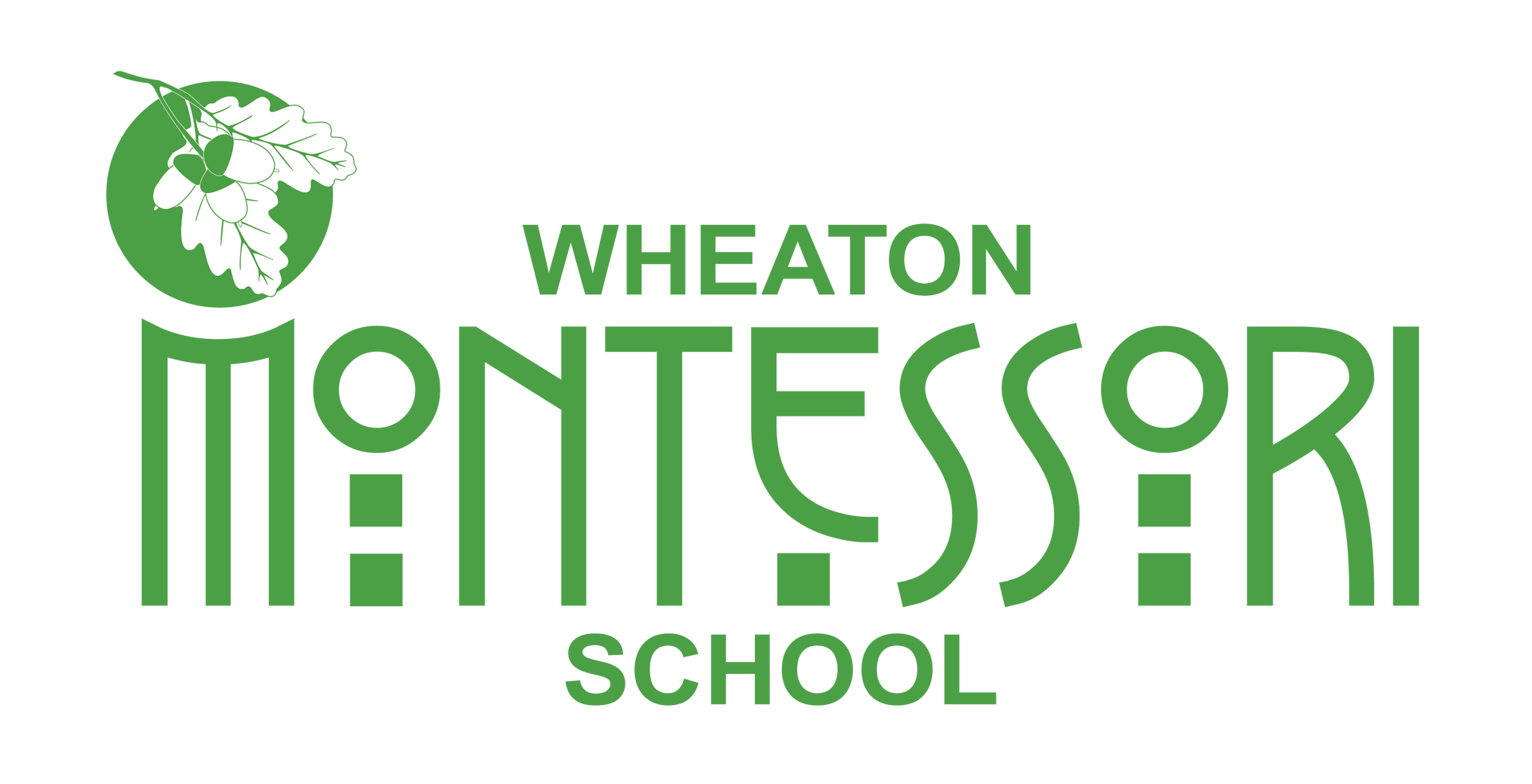Frequently Asked Questions
Here are some of the questions we hear most often about Montessori education.
The number of accredited Montessori schools and those that are "Montessori inspired" or Montessori in name only is growing. Key Montessori ideas are also being integrated into many public schools and universities. Because any school can call itself Montessori and because of this widespread growth, parents often approach us with many questions and misconceptions that we'll respond to below.
-
What is the difference between Montessori and traditional education?
For children ages six and under, our classrooms emphasize learning through all five senses, not just through listening, watching, or reading. The children learn at their own individual pace and according to their choice of activities from hundreds of possibilities within a structured environment. They do not spend their days sitting and listening to a teacher talk to them as a group. Students are engaged in individual and group activities of their own, with materials that have been introduced to them one-on-one by the teacher, who knows what each child is ready to do. Learning is an exciting process of discovery, leading to concentration, motivation, self-discipline, and a love of learning. Children over six learn to do independent research, arrange field trips to gather information, interview specialists, create group presentations, dramas, art exhibits, musical productions, science projects, and so forth. There is no limit to what they can create within this kind of intelligently guided freedom. There is great respect for the children's choices, and they easily keep up with or surpass what they would be doing in a traditional educational setting. There is no wasted time, and children enjoy their work and study. Much of the learning comes from sharing and inspiring each other, which leaves students prepared and excited for future lessons.
-
Why does Montessori have multi-age classrooms?
Multi-age classrooms afford us the luxury of adapting the curriculum to the individual child. Each child can work at their own pace while remaining in the community with their peers. In addition, the multi-age format allows older children, even those who may be shy or quiet, to be leaders.
-
Is Montessori good for children with learning disabilities? What about gifted children?
Montessori is designed to help all children reach their fullest potential at their own unique pace. A classroom in which the children have varying abilities is a community in which everyone learns from one another and everyone contributes. Moreover, multi-age grouping allows each child to find their own pace so that each is challenged socially and academically.
-
Are Montessori schools religious?
No. Montessori educates children without reference to any religion or denomination. As a result, our classrooms are extremely diverse. You are welcome here!
-
Is Montessori a franchise? Who can open a Montessori school?
Montessori is not a franchise. The term Montessori is not trademarked or copyrighted, and therefore anyone, regardless of training, experience, or affiliation, can open a “Montessori” school. It is essential that parents researching Montessori act as good consumers to ensure the authenticity of the program they choose. Wheaton Montessori is an Association Montessori International (AMI) school.
-
Who accredits Montessori schools?
Dr. Maria Montessori wanted to be sure that teachers were trained correctly and completely, methods were applied as she intended, and a complete set of authentic materials graced the shelves of classrooms. AMI is the gold standard and was created by Dr. Montessori herself. AMI schools align their work with what is considered ideal. Wheaton Montessori teachers believe it is important to find a school that is connected to AMI.
-
Isn’t Montessori just a preschool?
Montessori schools may be best known for their programs for young children, but the underlying educational method describes programs for students up through high school.
-
If children are free to choose their own work, how do you ensure that they receive a well-rounded education?
Montessori children are free to choose within limits and have as much freedom as they can handle with appropriate responsibility. The classroom teacher and assistant ensure that children do not interfere with one another and that each child is progressing at their appropriate pace in all subjects.
-
Montessori classrooms don’t look like regular classrooms. Where are the rows of desks? Where does the teacher stand?
The different arrangement of a Montessori classroom mirrors the Montessori method's differences from traditional education. Rather than making the teacher the focal point of the class, with children dependent on her for information and activity, a Montessori classroom employs a literally child-centered approach. Children work at tables or on floor mats where they can spread out their materials, and the teacher circulates about the room, giving lessons, supporting relationships, assessing student work, and evaluating student progress. Be sure to visit our classrooms to experience the atmosphere for yourself.
-
Are Montessori schools as academically rigorous as traditional schools?
Yes. Montessori classrooms encourage deep learning of the concepts behind academic skills rather than rote practice of abstract techniques. The success of our students is clear in the experiences of our alumni, who compete successfully with traditionally educated students in a variety of high schools and universities.
-
How are students adequately prepared for real-life competition later on?
Montessori classrooms emphasize competition with oneself: self-monitoring, self-correction, and a variety of other executive skills are aimed at continuous improvement. Students typically become comfortable with their strengths and learn how to address their weaknesses while admiring other students' strengths and helping others in areas where they need help. Older students commonly participate in competitive activities with clear “winners” in which they give their best performances while encouraging their peers to do the same. It is a healthy competition in which all contenders should do their best in an environment with clear and consistent rules.
